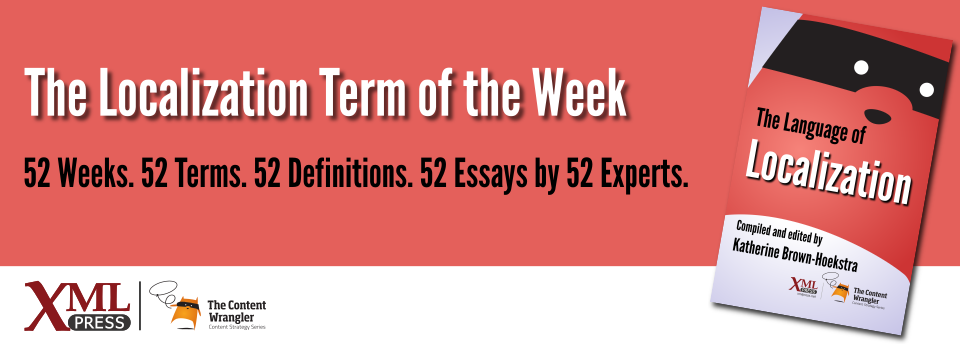What is it?
The market segment that a company considers to be the most important to their objectives and, therefore, their main focus.
Why is it important?
Companies segment their markets to help them devise the most effective go-to-market strategy for each segment. Content and localization strategies will be different for primary, secondary, and tertiary markets.
